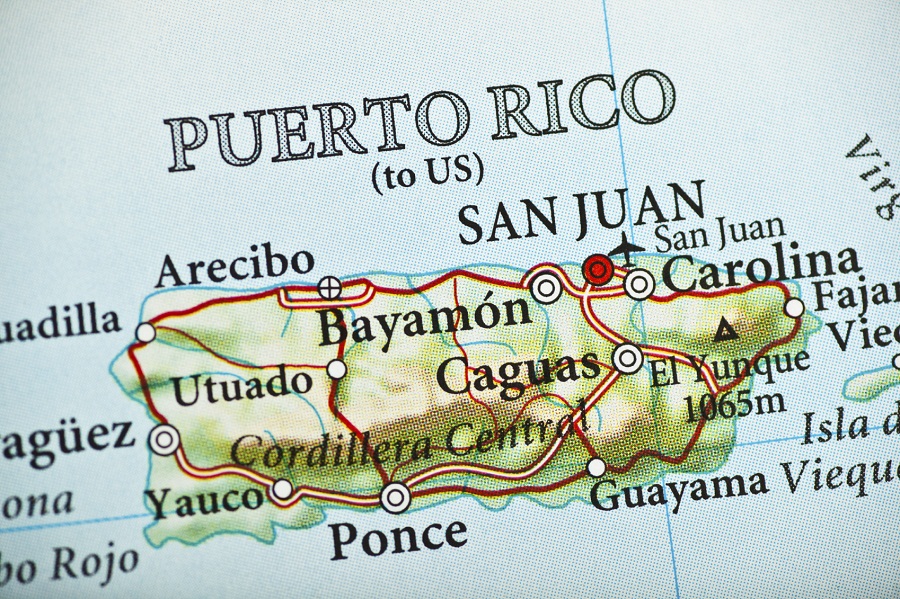Puerto Rico Governor Alejandro Garcia Padilla said the commonwealth will default on about $37 million in bond payments due Jan. 1, escalating a conflict with investors as the island seeks to restructure its $70 billion debt burden.
The island will default on $35.9 million of Puerto Rico Infrastructure Financing Authority debt and $1.4 million of Public Finance Corp. bonds. The $357 million of interest due on Puerto Rico's general-obligation debt will be paid.
The lack of any legal framework to restructure debt has forced the commonwealth to decide which payments can be made with the few resources available, Mr. Garcia Padilla said Wednesday from San Juan in a conference call with reporters.
(More: What we'll remember about the markets in 2015)
The governor has warned for weeks that if forced to choose between paying creditors and paying for essential services, he would choose to keep residents safe and healthy. A skipped general-obligation payment would have marked a turning point in Puerto Rico's debt crisis because the securities are considered to have the strongest legal protections among the island's different issuers. The commonwealth's constitution states that general-obligation bonds must be repaid before other expenses.
Mr. Garcia Padilla this month started redirecting revenue used to repay certain agency debt to the central government's coffers. As a result, the Infrastructure Financing Authority, the Highways & Transportation Authority and the Convention Center District Authority said they'll use reserves to help pay their investors on Jan. 1.
Only one Puerto Rico entity has already skipped debt payments. The Public Finance Corp., which borrowed to help cover the government's budget deficits, in August failed to pay principal and interest because lawmakers didn't appropriate the funds. Its bonds due in 2031 trade for about six cents on the dollar. Because they're backed by a weaker legal pledge than other securities, there have been few repercussions.
(More: 5 threats that could wreak havoc on investors' portfolios)
Mr. Garcia Padilla in late June said the commonwealth was unable to repay all of its obligations on time and in full. Puerto Rico's economy shrank 15% in the past decade after federal tax breaks for U.S. manufacturers ended in 2006, taking away incentives for pharmaceutical companies and other businesses to remain on the island. Residents also left to find work on the U.S. mainland, resulting in a 9.2% population drop since 2004, according to U.S. Census data.
The default follows Mr. Garcia Padilla's failed attempt to persuade Congress in December to include a provision in a $1.1 trillion spending bill to allow commonwealth agencies to file for bankruptcy protection. House Speaker Paul Ryan directed committee heads to come up with a plan for Puerto Rico by the end of March. Congressional Democrats on Dec. 21 filed bills that would shield Puerto Rico from any lawsuits until then.
The $3.7 trillion municipal-bond market has been anticipating a default on commonwealth debt because Puerto Rico securities have been trading at distressed levels for two years. Commonwealth debt has lost 8.1% this year through Dec. 29, compared with a 3.3% gain in the broader muni market, according to S&P Dow Jones Indices.
Puerto Rico general obligations with an 8% coupon and maturing 2035 traded Dec. 29 at an average price of 71.5 cents on the dollar, down from 87 cents at the start of 2015, data compiled by Bloomberg show. The average yield was 11.8%.







